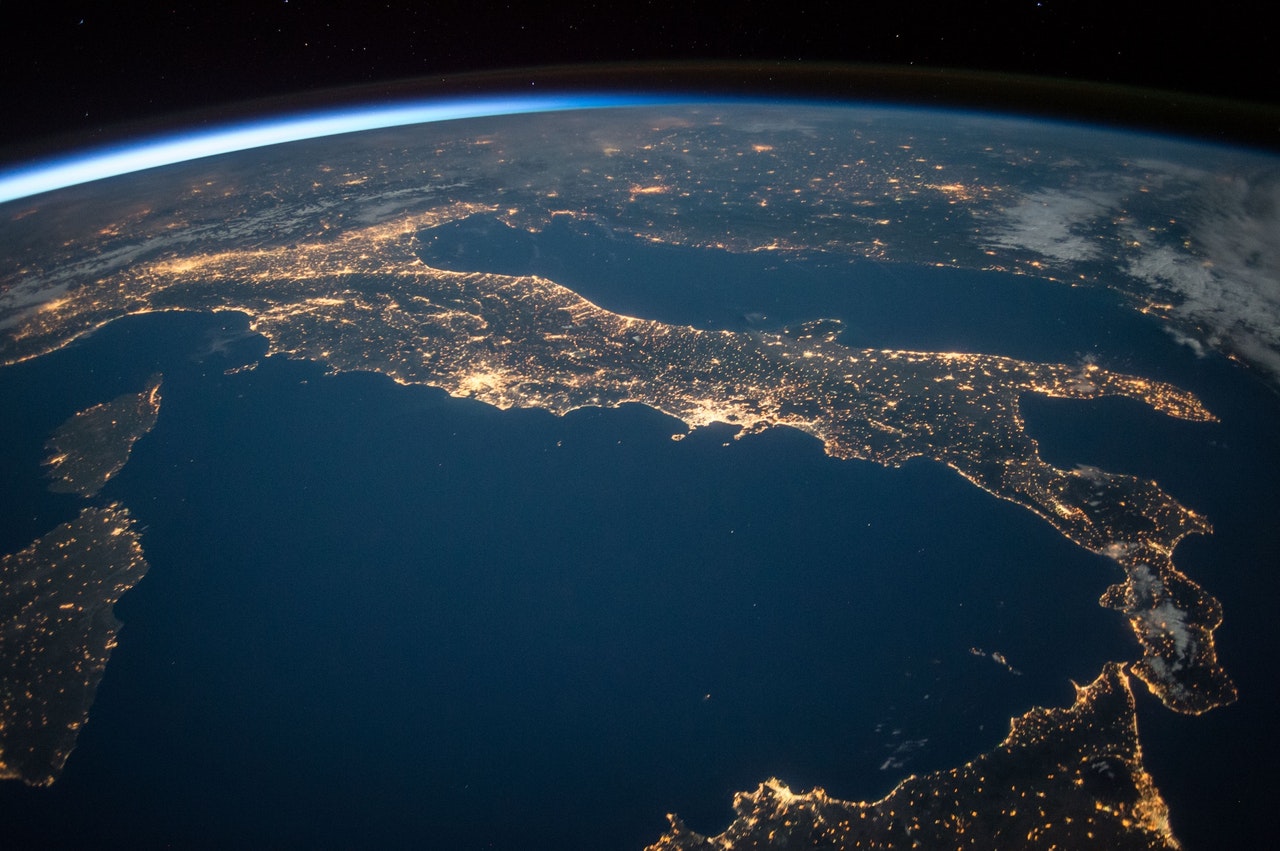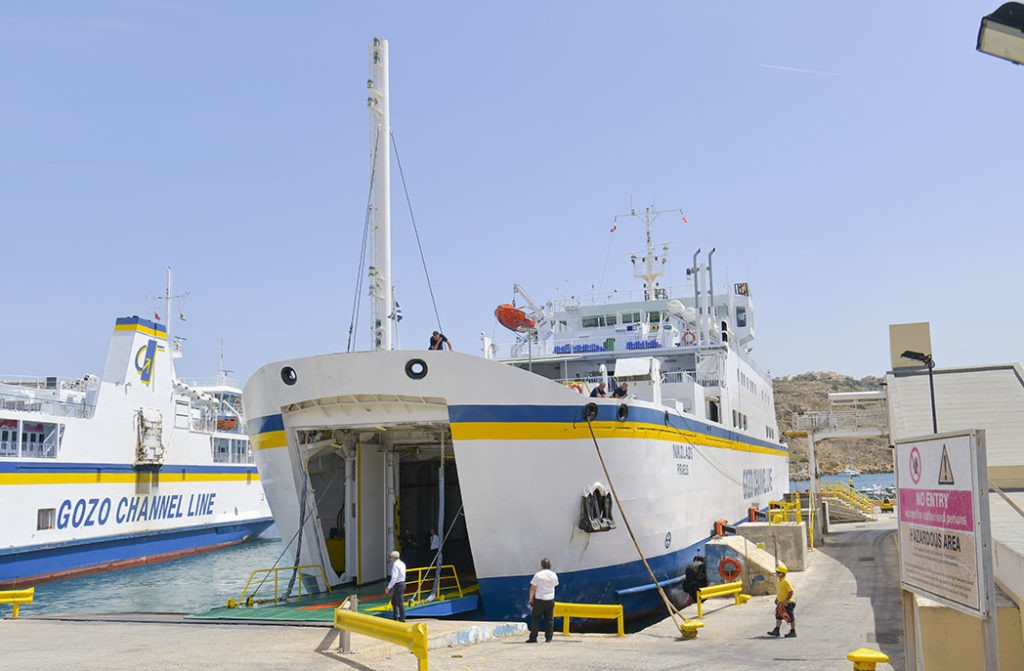Globalisation, referring to an interdependence of the world’s economies, and interconnectivity between its cultures and populations, has increasingly been the de facto international order of things for decades.
Economically, supply and production chains stretch across the world, while international conglomerates provide the same products across the world.
For example, for years, it would be a safe bet that in most countries in the world, from Chile to Canada and Russia to Malta, a tourist could leave their room at a Marriott Hotel and walk into a McDonalds to quench their thirst with a Coca-Cola.
Recent events, however, have shattered this cross-border phenomenon.
Visitors can still stay at the hotel brand, but in early-March, following Russia’s invasion of Ukraine, McDonalds announced it would be suspending its operations in Russia. Similarly, the Coca-Cola Company announced it would be suspending its business in the country.
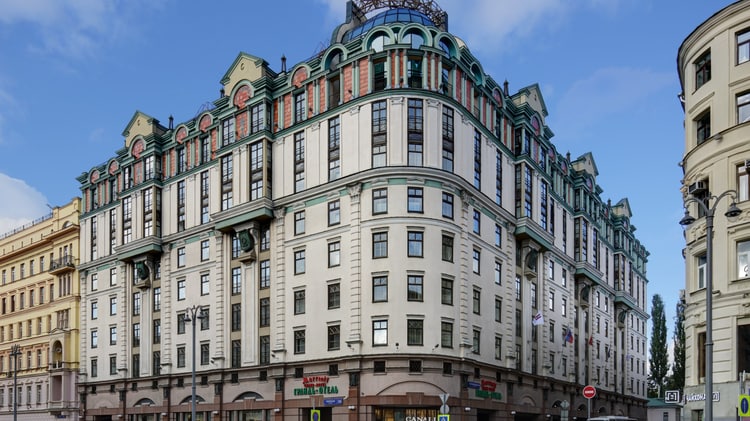
The move was both pragmatic and symbolic, allowing the companies to simultaneously signal to their Western consumers that they are taking stands, while also avoiding the operational difficulties associated with the broad sanctions imposed on their host countries as well as many of its financial institutions.
These were only two of the many companies to pull out of Russia. Social media videos from Russian users show entire shopping complexes with Western outlets shuttered.
At the same time, however, for the second time in as many years, grocery shoppers on the opposite ends of Europe were greeted by signs warning that certain products would be rationed, with cooking oils being particularly widely effected. The cause – the very same conflict.
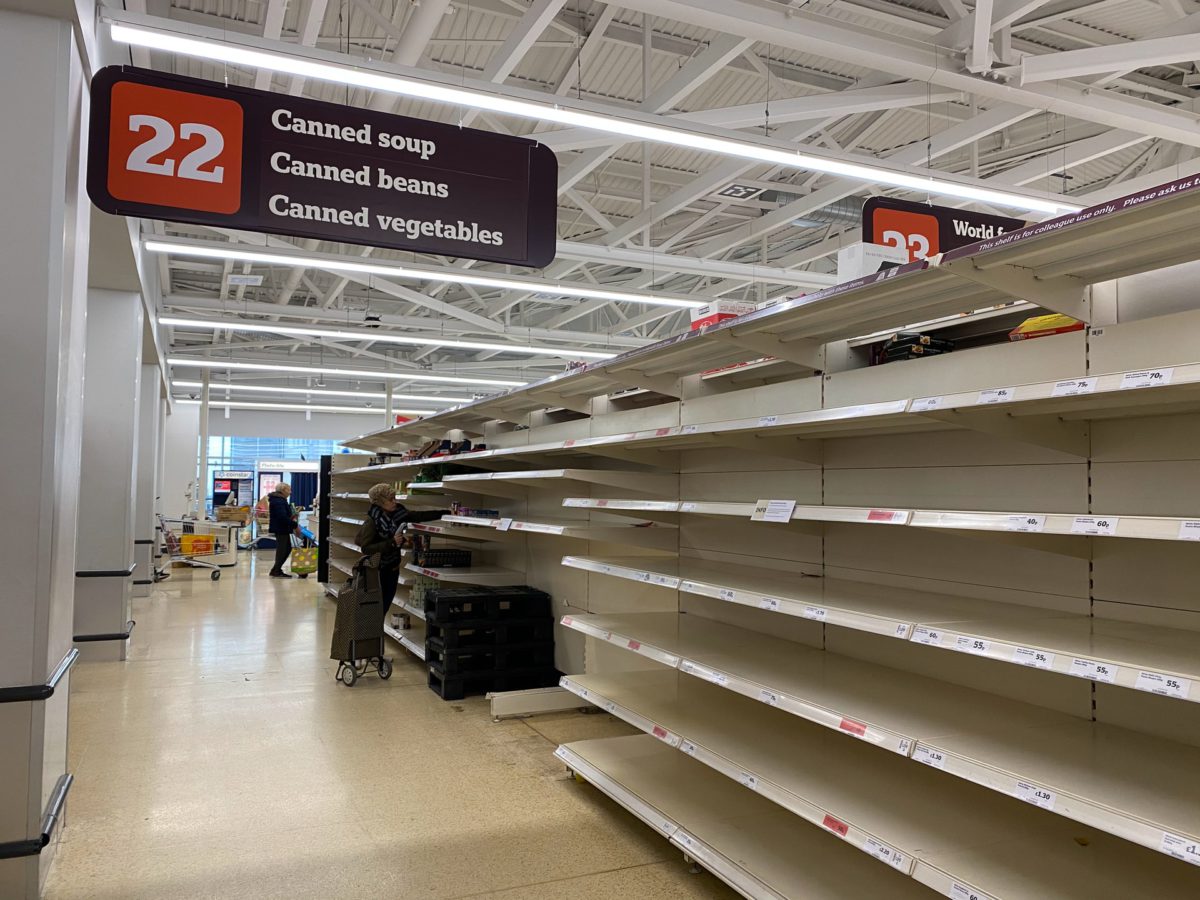
The two countries involved are the world’s largest exporters of the material, but since the conflict exports have ground to nearly zero, leaving supermarkets bare and shortages looming.
What modern shoppers had once taken for granted – the materialisation on their supermarket shelves of their groceries and goods from whichever country they’re available in most abundance has been thrown into doubt, not just by the war in Ukraine but by the pandemic, which decimated global supply chains leading to shortages in everything from computers to cars.
A long-term trend

In the words of JP Fabri, prominent local economist and co-founder of Seed consultancy firm, “the Russia-Ukraine war has not only cast a shadow over the world, it has also raised several questions about where the global economy is heading in the 21st century. The shifts we are seeing may mean uncertain times lie ahead for trade.”
The deglobalisation phenomenon kicked off as far back as 2007, he suggests, with the global financial crisis, and continued with Brexit, Donald Trump’s Presidency, and the pandemic.
“For years, measures of global integration have gone south with tariffs and other barriers to trade increasing in number, Mr Fabri says”
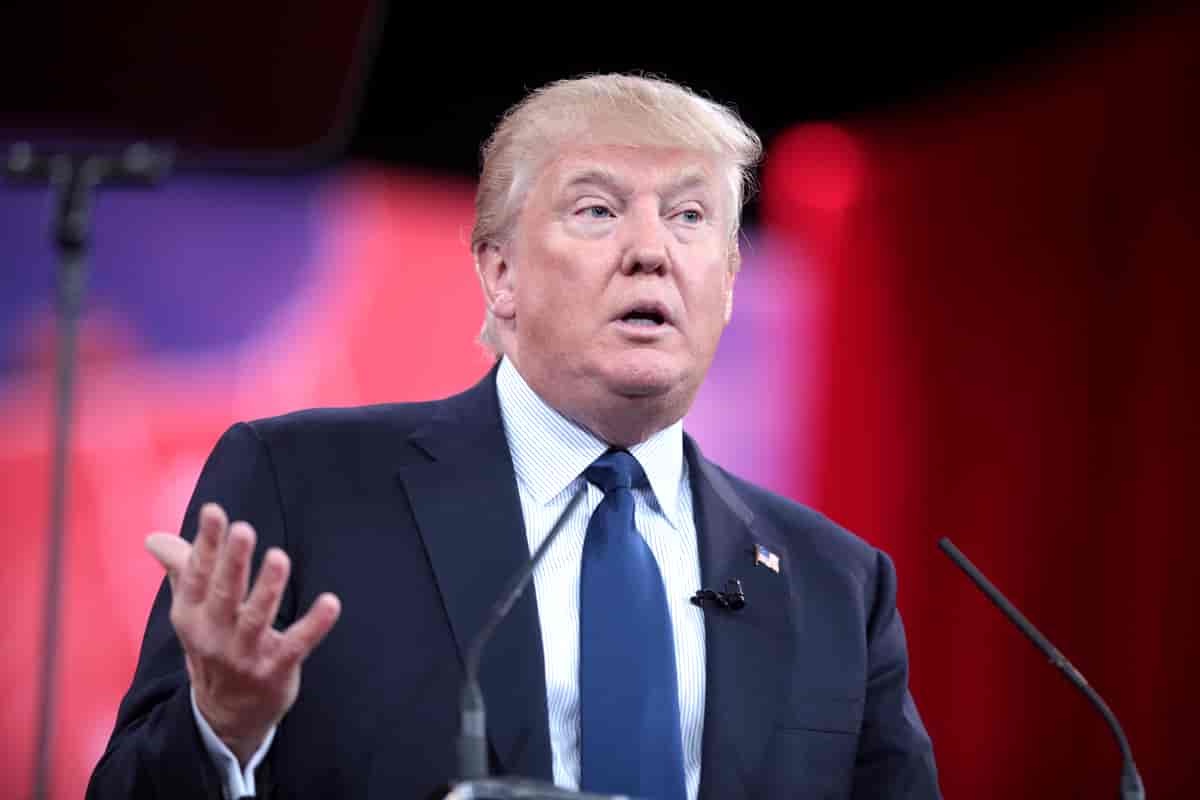
More generally, he points out that there has been a widespread waning appetite for globalisation, with a few causes.
One relates to greater consumer awareness in the West around human rights abuses in the manufacturing capitals of the globalised world, primarily in Asia, which has motivated Western companies to source goods elsewhere.
Another, larger, worry cited by Mr Fabri relates to soft power, as being part of a global supply chain means that countries and companies are vulnerable to sanctions (as the West hopes to show Russia).
More recently, he argues that Russia’s invasion of Ukraine has accelerated another “profound” shift in global trade flows, by pitting large autocracies against liberal democracies.
“The Russia-Ukraine war has cast a shadow over the world, and also raised several questions about where the global economy is heading in the 21st century,” Mr Fabri contends, warning that the shifts we are seeing may lead to uncertain times ahead for trade.
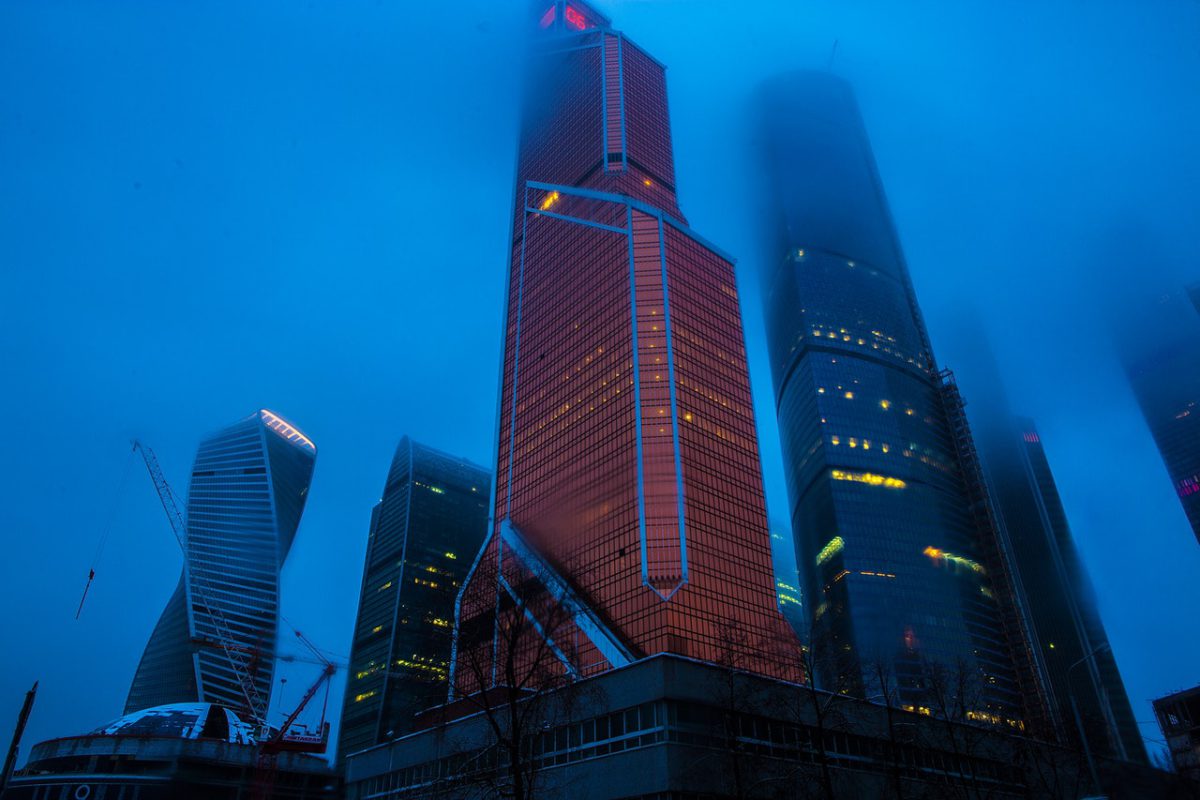
However, this is not a foregone conclusion, and Mr Fabri adds that “the benefits of globalisation are indisputable” and that open trade should not have to suffer in this global reordering.
Another ongoing trend affecting globalisation is ‘regionalisation,’ which has seen countries signing smaller, regional trade deals instead, and many countries seeking greater self-reliance.
What does it mean for Malta?
Malta, as a small island nation, has been a particular ecomonic beneficiary of globalisation, allowing its tourism offering to boom, its economy to diversify and it to welcome highly skilled international workers.
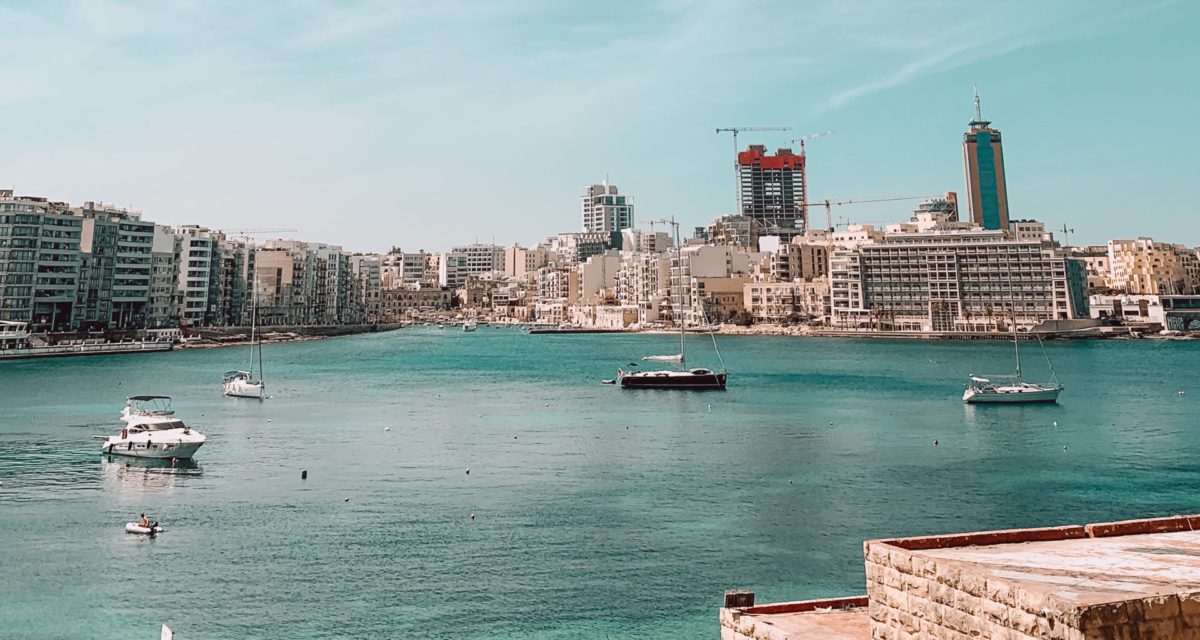
In 2016, leading Italian think tank Istituto Bruno Leoni (IBL) published the Index of Globalisation, identifying Malta as having benefited from globalisation to a greater extent than the 38 other countries for which data was compiled in 10 out of the 22 years that were examined.
The country’s entry into the European Union in 2004 was a major development in the country’s globalisation, opening it up for easy leisure tourism from a variety of new markets allowing to provide services to foreign companies, conduct tariff free trade in Europe and, particularly lucratively, launch its Europe-leading iGaming jurisdiction.
In the future, for Mr Fabri, the country’s ability to reestablish in the new global economy will be “critical,” and there are a number of ways it can do this, including by using 3D printing and advanced manufacturing to support Malta in the near-shoring world.
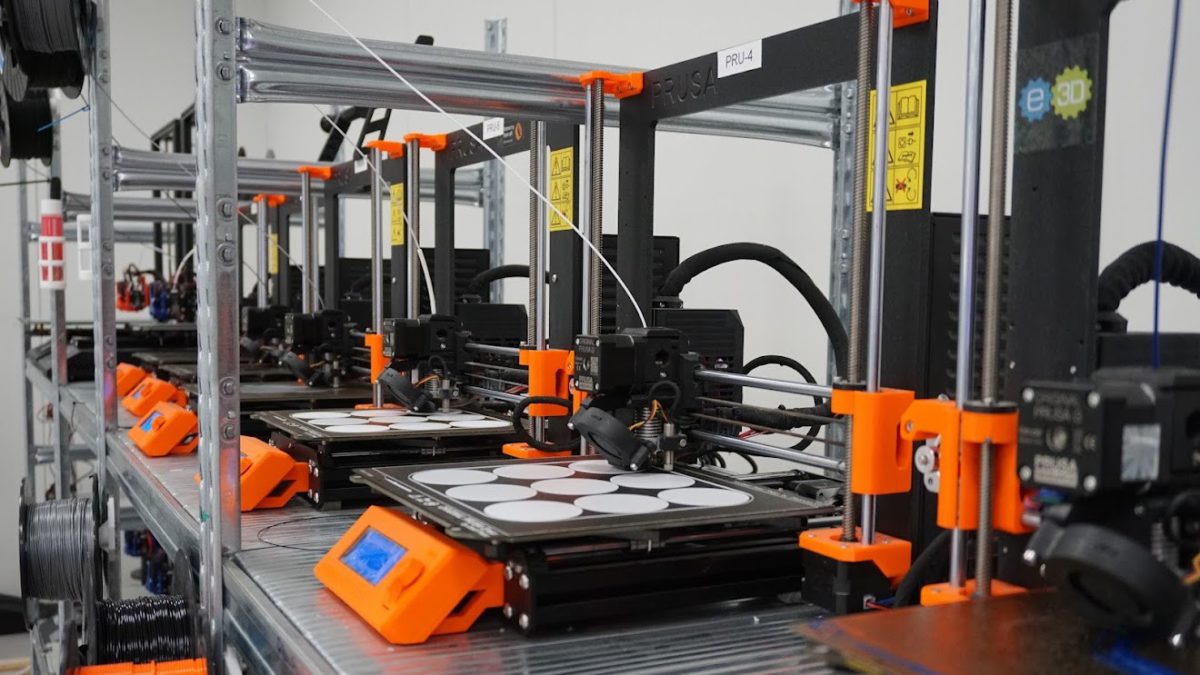
Other areas cited by Mr Fabri are using the island as a “beta island” for testing purposes for new technologies, such as autonomous vehicles, drones and more, while also focusing on establishing itself as a regional hub with a renewed focus on the Mediterranean region.
To achieve success in these areas, “the country requires a medium to long-term strategic vision which is designed within this new context and changing global order,” Mr Fabri said.
The EU also presents further opportunities for Malta, and Mr Fabri explains that Europe’s main challenge today is to strike a careful balance between insuring against risk in areas where its vulnerabilities are excessive and avoiding protectionism.
“Having spent decades investing in regionalisation, the EU is well placed to succeed in a world where the global order is more fragmented, while still acting as a force for trade openness,” he concludes.
WeTransfer to train AI on user files
This includes any kind of file, from films, photos, artworks, sensitive information and so on
Passenger traffic between Malta and Gozo grew by nearly 8% in Q2 2025
Vehicle crossings and fast ferry usage also surged
New Malta-backed incubator to fuel Europe’s semiconductor startups
The ChipStart EU program provides a one-year, no-cost incubation opportunity for semiconductor startups in the European Economic Area


